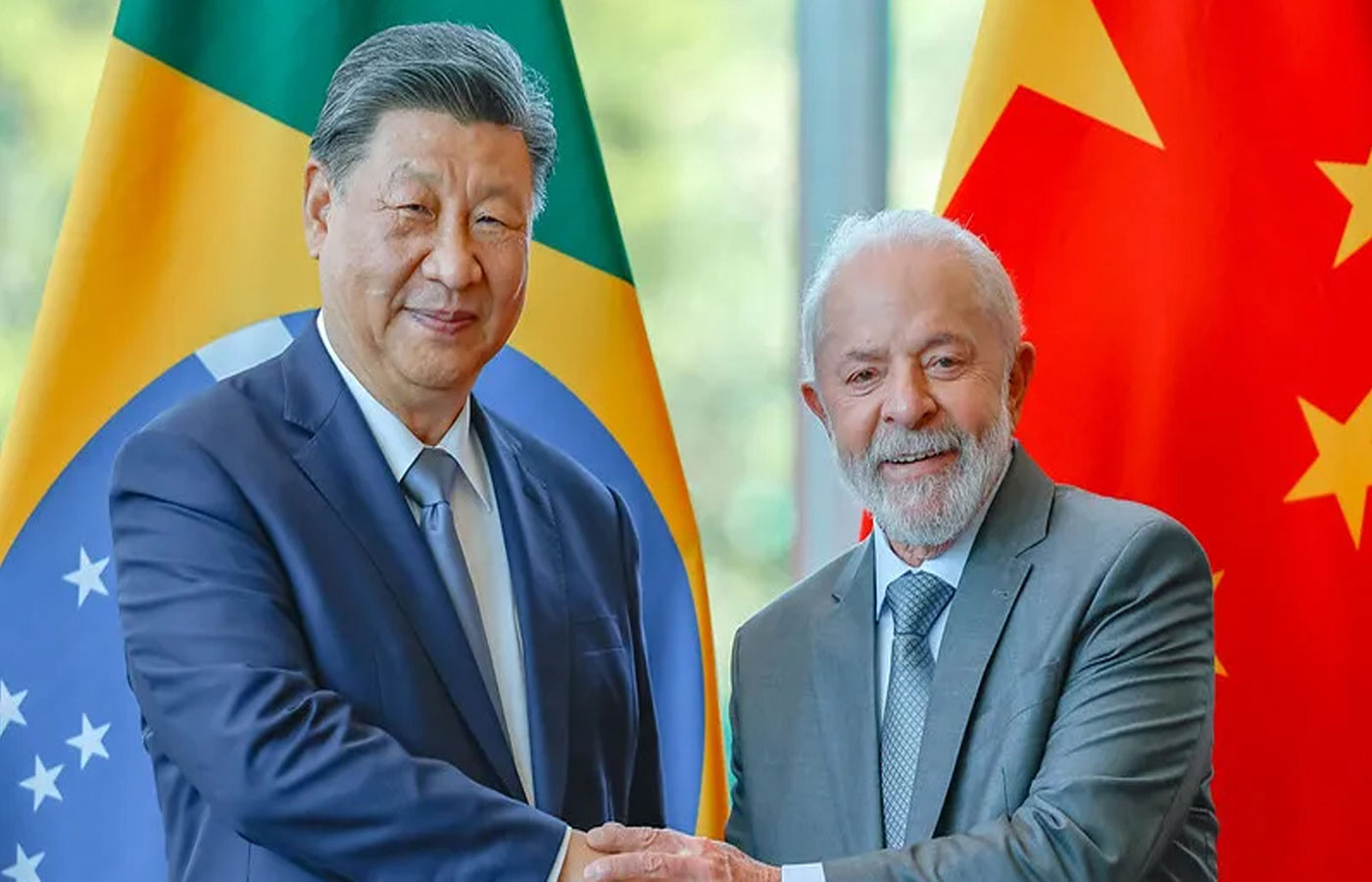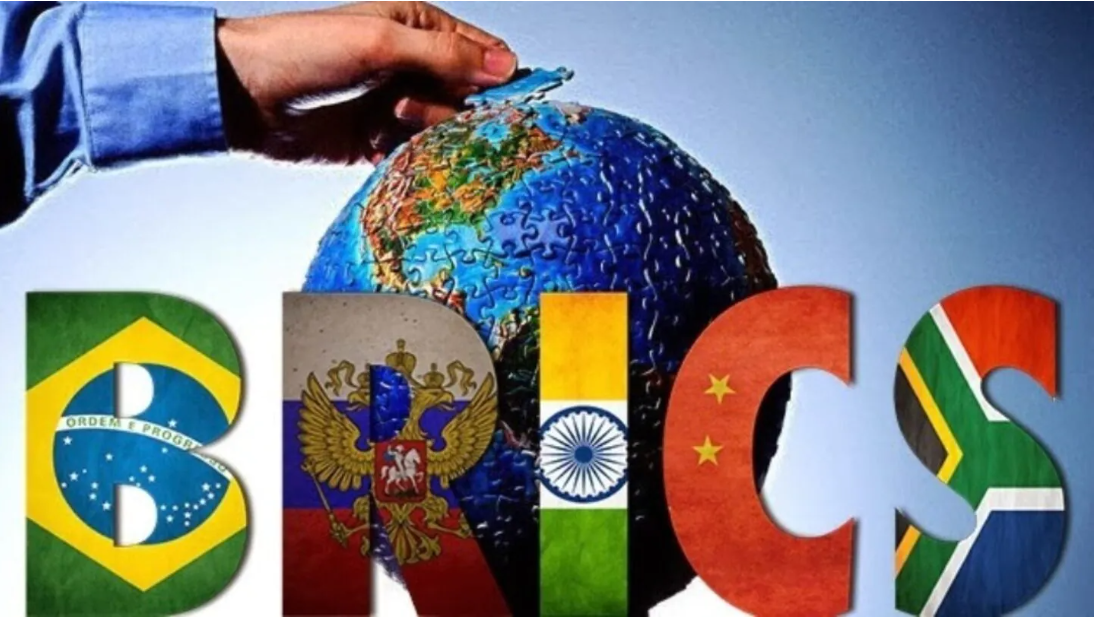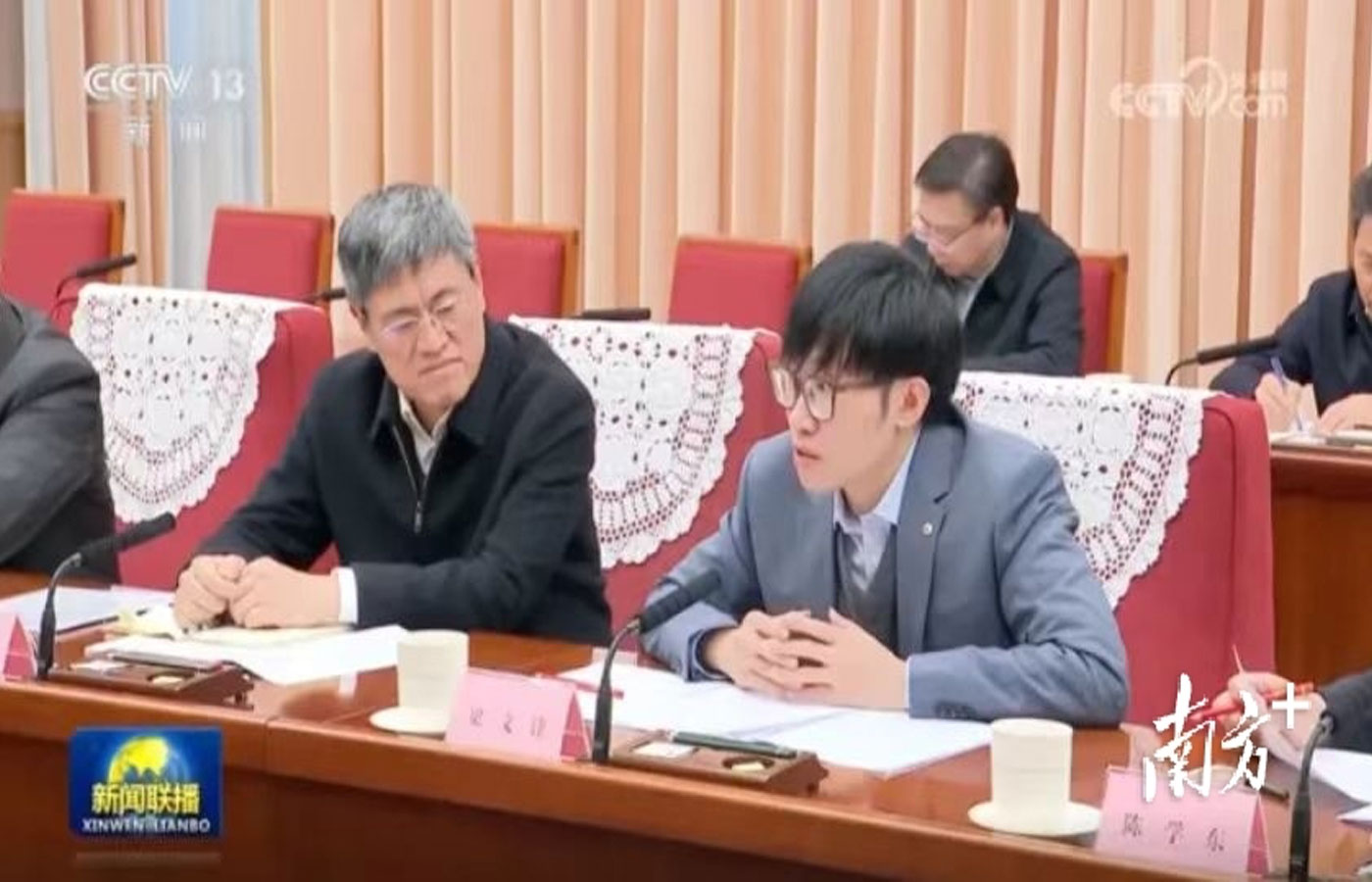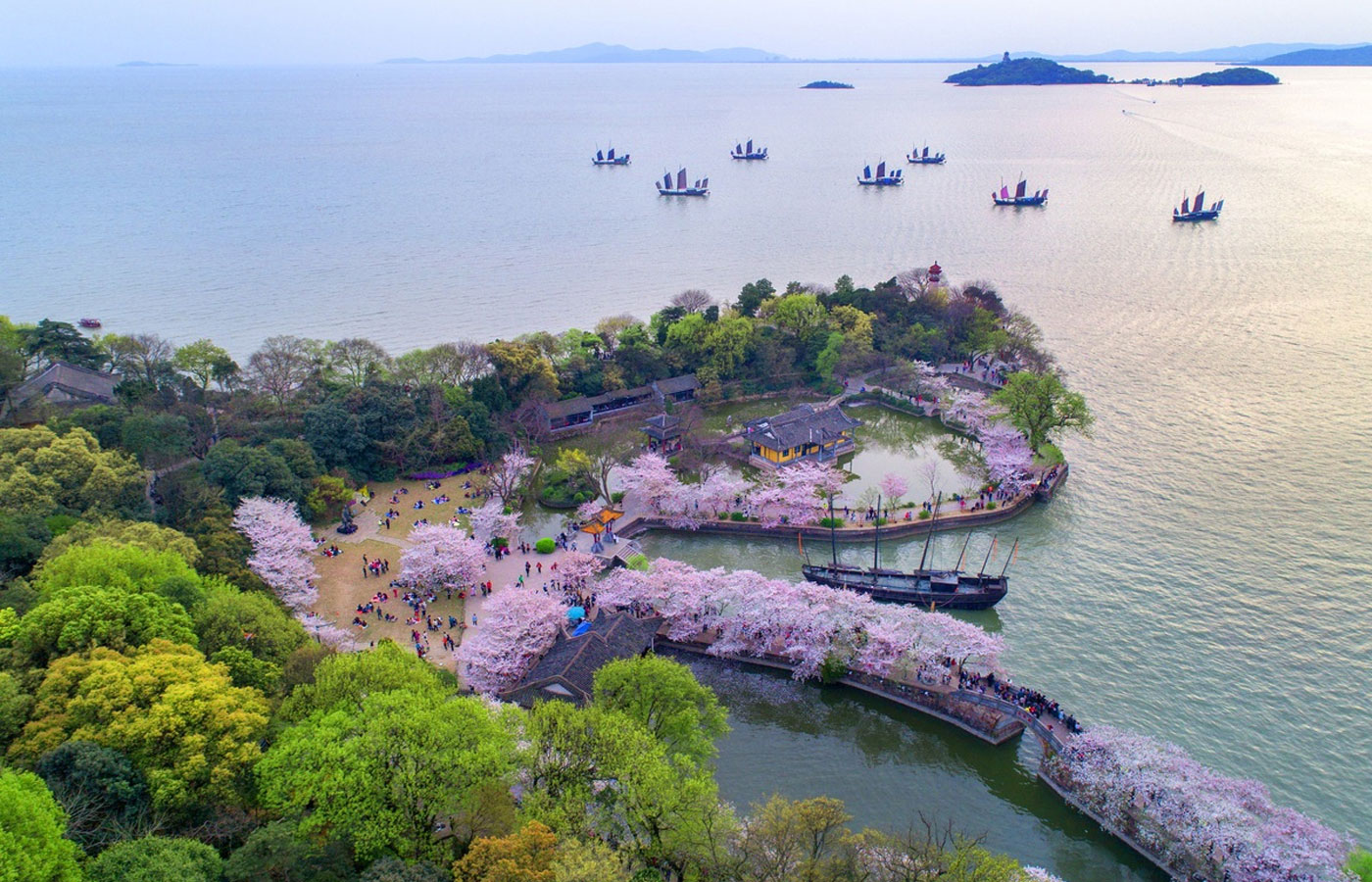Analysts agree on the importance of raising the level of the relationship between Brazil and China, but consider that there is room for more cooperation
During Xi Jinping’s latest visit to Brazil for the G20 Summit in Rio de Janeiro, China and Brazil signed 37 documents, including memoranda, agreements, plans, protocols and letters of intent. This is more than twice as many agreements that were signed last year during President Luiz Inácio Lula da Silva’s state visit to Beijing in April 2023 wherein 15 agreements were signed.
The first on the list of agreements was to expand the partnership between the two countries. Strategic partnerships are an important feature of Chinese foreign policy. Brazil was the first country in the world to have such a partnership with China, in 1993, under the governments of Jiang Zemin and Itamar Franco.
The partnership has now been renamed the Brazil-China Community of Shared Destiny for a Fairer World and a More Sustainable Planet. For Javier Vadell, a professor in the Department of International Relations at PUC Minas, it is “very important” that the new level of the bilateral relationship was rebranded.
Recently, China’s most important partnerships have used this name. “This idea of a Community of Shared Destination represents a level of trust in the bilateral relationship that would be higher than that of the Global Strategic Partnership,” explains Vadell.
Brazil’s relationship with the Belt and Road Initiative
The agreements put an end to months of debate and speculation about whether or not Brazil would join the largest international cooperation project, the Belt and Road Initiative (BRI). The second act on the list confirmed the “middle way” that had been suggested by both sides: the decision to synergize Brazilian policies and the BRI.
Vadell believes that the difference between the result obtained on Wednesday and Brazil’s official entry into the initiative is irrelevant.
For geopolitical analyst Marco Fernandes, what is missing is a more strategic public debate in Brazil about what more consistent partnerships with China would mean.
“Whether or not Brazil enters the New Silk Road, the main issue is not that, but how to increase economic relations between Brazil and China,” Fernandes articulates.
The agreement is specifically called the Cooperation Plan to establish synergies between the Growth Acceleration Program (PAC), New Industry Brazil, the Ecological Transformation Plan, the South American Integration Routes Program and the Belt and Road Initiative.
“All of this, the programs of the Lula government and future programs, will be interlinked with the Belt and Road Initiative. So there’s no difference in substance,” says Vadell.
The plan, which will last for 10 years and can be renewed, stipulates the strengthening of the Brazil-China Cooperation Fund for the Expansion of Productive Capacity for Sustainable Development, an instrument created in June this year as a result of the 7th Cosban Meeting. The fund is operated by the National Bank for Economic and Social Development (BNDES) and the China-Latin America and Caribbean Industrial Cooperation Investment Fund.
In addition, in two months’ time, two task forces will present an initial proposal for priority projects in the areas of “financial cooperation” and “infrastructure, development of production chains, ecological transformation and technology.”
“This would be the core of the ‘synergy’ between the New Silk Road and Brazil’s priority projects,” says Marco Fernandes.
These two months may be enough to deepen the debate and, at the same time, “give Lula some time to understand what the direction of this early Trump administration is going to be,” says Fernandes.
Despite the trade surplus with China, which in 2023 was USD 51.1 billion, the expert criticizes the fact that trade is still very unbalanced: “Brazil basically exports commodities. About 90% are four or five products: iron ore, soybeans, crude oil, corn, and meat, and we import manufactured goods.”
At the same time, he says that China has the capacity to invest more in Brazil. “China has invested very little in Brazil in the last two years: USD 1.2 billion, USD 1.3 billion in the last two years, that’s a very low investment for a country like China, and for a country like Brazil.”
He also highlights the Memorandum of Understanding between Telebras and Spacesail, a company that provides satellite telecommunications services. “It would be an alternative to [Elon] Musk’s Starlink, which today dominates almost half of the Brazilian satellite internet market,” explains Fernandes.
“This would be a very important step forward in the Brazil-China partnership, giving Brazil options, alternatives to someone who is now a member of the Trump administration.”
Family farming
Over the last two years, partnerships regarding family farming have been developed between the two countries. One of the pioneers in this regard is the Association for International Popular Cooperation, Baobab, which has been organizing projects for exchanges on machinery for family farming and bio-input factories.
One of the agreements was the establishment of a Joint Laboratory in Mechanization and Artificial Intelligence for Family Farming between the Brazilian Ministry of Science, Technology and Innovation and the Chinese Ministry of Science and Technology. The National Semi-Arid Institute (INSA) and the Agricultural University of China will be responsible for implementing the project.
Other agreements refer to export protocols for agricultural products such as fresh grapes, fish derivatives, sesame, among others.
Still in the area of agribusiness, there is a memorandum on cooperation in technology and regulation of pesticides. One of China’s main export products to Brazil in 2022 was pesticides, worth USD 2.91 billion.
This article was first published in Portuguese on Brasil de Fato.
Source: Peoples Dispatch











